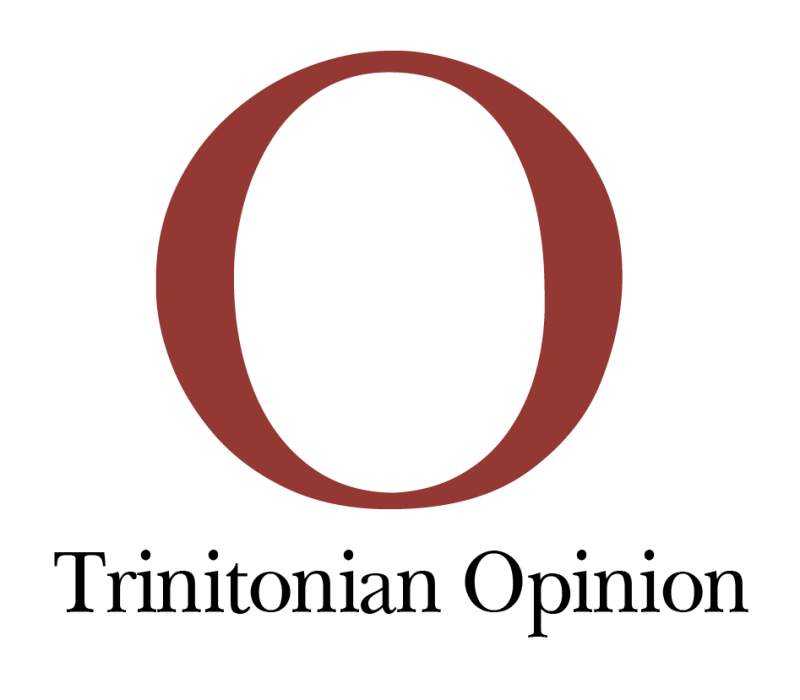I appreciate Dominic Pierce’s response to my previous column, raising the question of personhood and abortion. He argues that personhood is the most important question in the abortion debate. According to Pierce, one can be a member of the human species but not be a person. And if one is not a person, presumably others can do what they like with you.
The problem with this argument is that Pierce accepts a functional definition of what it means to be a person. You are a human person because you possess certain qualities or abilities, not because of what you are.
This is a common argument by people who favor abortion rights, though the list of qualities one has to possess to be considered a person is a matter of opinion. For some it is the detection of brain waves (about 40 days in utero). For others it is the ability to sense and feel (middle of the second trimester). More adventurous scholars argue that personhood is not obtained until you can engage in sophisticated cognitive acts, such as communication, or possess self-awareness “” both of which occur sometime after birth.
The problem is that these criteria are inadequate to identifying the essence of human-ness. Pierce sets up a false comparison of a brain-dead patient and the child in utero, apparently not recognizing that one is dead and the other alive and developing. But people who are asleep, or unconscious, or in a non-terminal coma also lack some of these features “” and we do not argue that they lose their personhood.
In fact, people possess these attributes in greater and lesser degrees throughout their lives, often with the most extreme cases occurring very early and very late in life “” when human beings are most vulnerable and in need of protection. I suspect few individuals on this campus would want human rights to be determined by level of intelligence or cognitive ability. That way lies the eugenics project.
Instead of trying to separate personhood from humanity, we should recognize that we have rights and a moral status not because of what we can do but because of our nature. Members of the human species have a nature that makes us human even if someone lacks the ability to think rationally, perhaps due to a disability, and even if that ability is still developing “” as it does in utero until at least 25 years after birth.
Now, being a science fiction fan, I am perfectly willing to expand the application of the label “person” beyond the human “” if we ever meet Vulcans, Klingons or even members of the Hutt family. Far be it from me to be guilty of speciesism!
But a fetus is not a “braindead coma patient,” nor is it a simple “clump” of “pseudo-parasitic” cells. That is the danger of relying on “intuition” rather than reason. Reason informs us that the embryonic clump of cells is precisely what the human being looks like at that stage of development, regardless of how we feel. The inability to extend protection to these tiniest of humans, and instead advocate their evisceration, is a reflection of a culture that privileges convenience over moral truth.
Functional definitions of personhood are always arbitrary. The human embryo is not a “potential life” or a “potential person” ““ it is, in fact, a developing human. Any rationalization of violence used to justify the taking of pre-natal life can be used to justify infanticide. And intuitions based on what something looks like cannot substitute for moral clarity.






